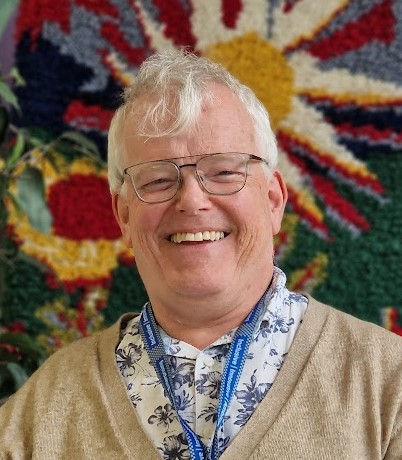7. Ethnography: Into the unknown...
- Erica Borgstrom

- Mar 6, 2025
- 2 min read
Updated: Nov 19, 2025
The other week we gathered around the talented researchers to do some training. We focused on those researchers who will be going out and learning about people’s lives and how they are supported by different services and those around them, especially when they have a life-limiting illness and may be towards the end of life. They will be going to four parts of the country and, through their engagement with people and services, developing a sense of case studies. To do this, they will be using a method called ethnography.
For many of the ethnography team, parts of this type of research approach are new to them. They may already have experience conducting research with people with learning disabilities or in the context of ageing and palliative care. Some are experts at interviews and others have done observations in services. We spent time identifying the skills and ways of working that can be useful for them during our project, but it still felt like we were venturing into the unknown.

And actually, that is to be expected at the start of any project using ethnography. This is because each ethnographic study is adapted to the people, places, and times in which the research is happening. We have an idea of how we intend to identify participants, work with partner organisations, and collect data. But the finer details of that ‘how’ - like how to build up a relationship with a person – really depends on the context and the others involved. No amount of pre-planning and training can determine that ahead of time. What doing ethnographic fieldwork requires is the ability to tolerate some uncertainty, foster curiosity and flexibility, and practice reflexivity (critically considering one's thoughts and actions).
So, whilst our training focused on some ‘how to do ethnography’ sessions, and considering the specifics of our study, it really got our researchers thinking about how they will be as they ‘go into this unknown’ and make it more known. This helped them identify what they could focus on during the study, how they may look after themselves when doing fieldwork, and how to work as a team. And what started with a bit of trepidation ended in enthusiasm and desire to get out there!
Written by Professor Erica Borgstrom (Professor of Medical Anthropology, The Open University)







Comments